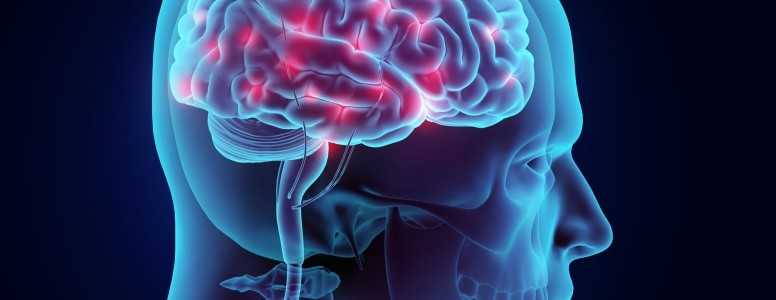Perceptions about the amount of food on a plate influences hunger, according to British researchers.
The experiment by researchers from Sheffield Hallam University revealed that people were more likely to consume larger meals if they recalled having a smaller meal beforehand. But it was the subject’s perceptions of the meal, rather than the actual quantity, which influenced their subsequent food intake.
The study involved 26 people, none of whom had diabetes, being given a three-egg omelette for breakfast. Half of them were told that they had been served two eggs and the other half thought they were eating four eggs.
Those who thought they had eaten less for breakfast were hungrier at lunchtime than those who had been told that they had consumed a bigger meal – despite both groups actually eating the same amount. They also ate more at lunch and consumed “significantly more calories” during the day.
The researchers investigated how much the hunger hormone ghrelin may have been a contributing factor, but lead author Dr Steven Brown explained this wasn’t of great significance.
Brown told Medical News Today: “Having analysed [participants’] levels of ghreli, a known hunger hormone, our data also suggest that changes in reported hunger and the differences in later consumption are not due to differences in participants’ physical response to the food.”
“Therefore, memory for prior consumptio, as opposed to physiological factors, may be a better target for investigating why expectations for a meal have an effect on subsequent feelings of hunger and calorie intake.”
The findings do not hold any specific pertinence for people with diabetes, but their implications are noteworthy regarding how the brain may determine levels of hunger.
Brown and colleagues now plan to explore how our hunger mechanisms work to influence our minds, rather than our bodies.
“The end goal of this type of research is to find ways in which we can influence people’s behaviour in a positive way without having to interfere with day-to-day living,” he said.
The results were unveiled at the British Psychological Society’s Division of Health Psychology.
What's new on the forum? ⭐️
Get our free newsletters
Stay up to date with the latest news, research and breakthroughs.





